2020 Ford Police Interceptor Utility Brake Rotors and Pads
Click here to search another vehicle
All Rotors:
OEM x
Coated x
Drilled, Slotted and Coated x
Front x
Rear x
All Pads:
Ceramic x
Semi-metallic x
Front x
Rear x
Found 20 record
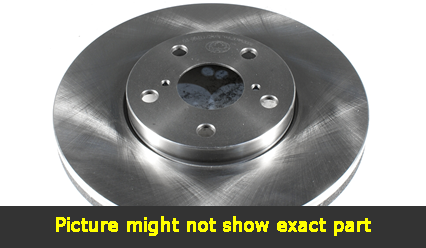
Part No: BR575108
Raybestos: 680982
OE:
Raybestos: 680982
OE:
$81.5 each
Per Car QTY: 2
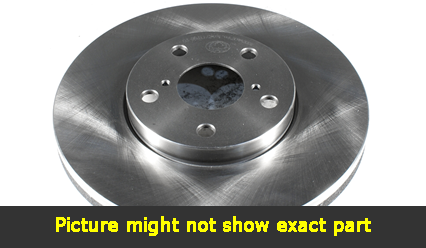
Part No: BR575362
Raybestos:
OE:
Raybestos:
OE:
$85.28 each
Per Car QTY: 1
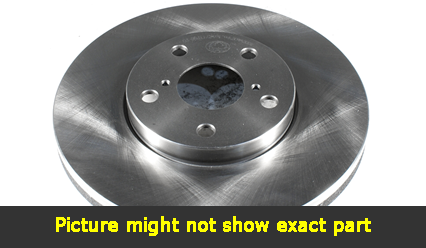
Part No: BR575331
Raybestos:
OE:
Raybestos:
OE:
$56.11 each
Per Car QTY: 2
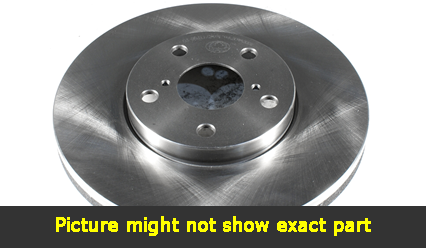
Part No: BR575363
Raybestos:
OE:
Raybestos:
OE:
$56.12 each
Per Car QTY: 2
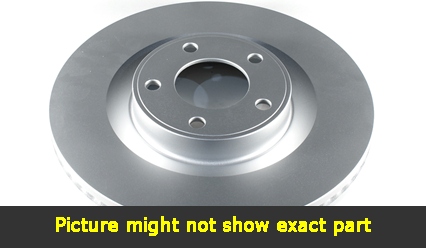
Part No: PP575108
Raybestos: 680982
OE:
Raybestos: 680982
OE:
$102.94 each
Per Car QTY: 2
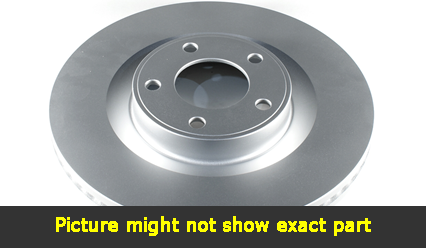
Part No: PP575362
Raybestos:
OE:
Raybestos:
OE:
$102.33 each
Per Car QTY: 2
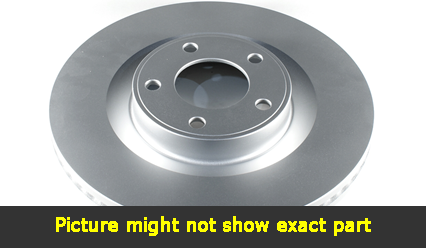
Part No: PP575331
Raybestos:
OE:
Raybestos:
OE:
$70.11 each
Per Car QTY: 2
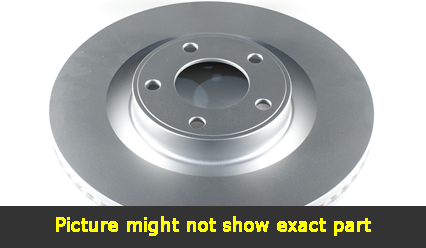
Part No: PP575363
Raybestos:
OE:
Raybestos:
OE:
$67.36 each
Per Car QTY: 2
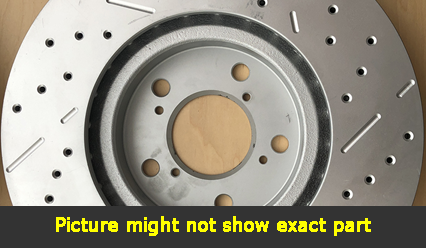
Part No: SP575362L
Raybestos:
OE:
Raybestos:
OE:
$142.83 each
Per Car QTY: 2
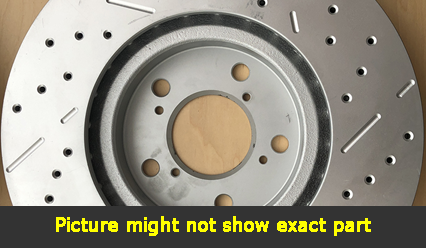
Part No: SP575362R
Raybestos:
OE:
Raybestos:
OE:
$142.83 each
Per Car QTY: 2
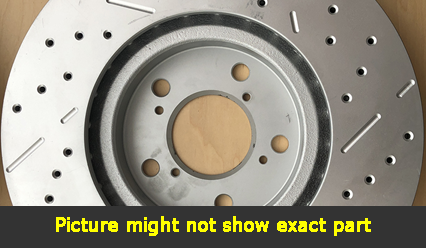
Part No: SP575331L
Raybestos:
OE:
Raybestos:
OE:
$106.56 each
Per Car QTY: 2
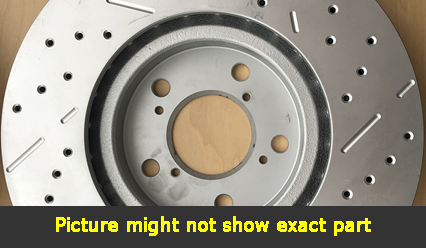
Part No: SP575331R
Raybestos:
OE:
Raybestos:
OE:
$106.56 each
Per Car QTY: 2
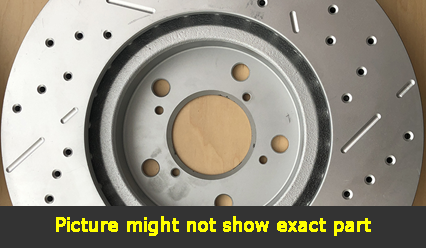
Part No: SP575363L
Raybestos:
OE:
Raybestos:
OE:
$103.81 each
Per Car QTY: 2
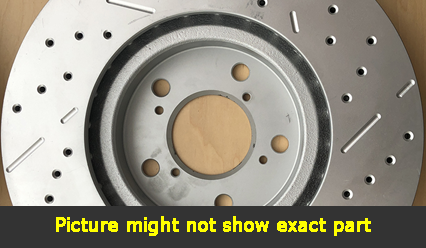
Part No: SP575363R
Raybestos:
OE:
Raybestos:
OE:
$103.81 each
Per Car QTY: 2

Part No: UP575108L
Raybestos: 680982L
OE:
Raybestos: 680982L
OE:
$118.53 each
Per Car QTY: 1

Part No: UP575108R
Raybestos: 680982R
OE:
Raybestos: 680982R
OE:
$118.53 each
Per Car QTY: 1

Part No: UP575362L
Raybestos:
OE:
Raybestos:
OE:
$120.73 each
Per Car QTY: 1

Part No: UP575362R
Raybestos:
OE:
Raybestos:
OE:
$120.73 each
Per Car QTY: 1

Part No: UP575331L
Raybestos:
OE:
Raybestos:
OE:
$78.48 each
Per Car QTY: 1

Part No: UP575331R
Raybestos:
OE:
Raybestos:
OE:
$78.48 each
Per Car QTY: 1
The brakes of a vehicle are one of the most critical components when it comes to safety. Whether you're considering purchasing a 2020 Ford Police Interceptor Utility or any other car, it's crucial to understand the rules for choosing the right brakes.
1. Consider your driving habits: Before diving into brake options, it's essential to evaluate your driving habits. Are you a frequent highway driver, or do you mostly travel within the city? Do you engage in heavy towing or require off-road capabilities? Knowing your driving patterns will help you select the brakes that align with your needs.
2. OEM vs. Aftermarket: When it comes to brakes, you have the option of choosing Original Equipment Manufacturer (OEM) or aftermarket options. OEM brakes are the ones that came with your vehicle from the factory and are designed specifically for your car make and model. They ensure performance consistency, but they can be pricier. On the other hand, aftermarket brakes offer a wide range of choices and sometimes enhanced performance, but their quality can vary.
3. Brake Type: There are several types of brakes available, including disc brakes, drum brakes, and composite brakes. Disc brakes are the most common type found on modern vehicles, providing better stopping power, performance, and heat dissipation compared to drum brakes. Composite brakes, also known as carbon-ceramic brakes, are lightweight and provide exceptional performance but are more common in high-performance vehicles.
4. Brake Pad Material: The material used in brake pads greatly affects their performance. The most common brake pad materials include ceramic, semi-metallic, and organic. Ceramic brake pads offer smoother and quieter braking with low dust, but they can be costly. Semi-metallic pads provide excellent stopping power but produce more dust and can be noisier. Organic pads are quiet and produce less dust, but their performance may suffer under heavy-duty or high-temperature conditions.
5. Consider Climate and Weather Conditions: The climate and weather conditions in your area should influence your brake choice. If you live in an area with frequent rain or snow, it may be beneficial to opt for brakes that offer improved performance and stopping power in wet conditions. Some brakes have specific features for enhanced water dispersion or cold weather performance, so choose accordingly.
6. Towing and Payload: If you plan to use your 2020 Ford Police Interceptor Utility for towing or carrying heavy payloads, it's crucial to consider the extra strain this will put on your brakes. In such cases, it's recommended to opt for heavy-duty brakes that can handle the added weight and provide reliable stopping power.
7. Consult with Experts: When unsure about which brakes to choose, it's always wise to consult with experts. Reach out to trusted mechanics or brake specialists who can provide advice based on your specific requirements and driving habits. They can recommend the best brakes for your 2020 Ford Police Interceptor Utility to ensure optimal performance and safety.
Choosing the right brakes for your 2020 Ford Police Interceptor Utility involves careful consideration of your driving habits, brake type, pad material, climate conditions, towing or payload requirements, and seeking expert guidance when needed. By following these rules, you can ensure your vehicle's brakes perform at their best, enhancing safety on the road.
1. Consider your driving habits: Before diving into brake options, it's essential to evaluate your driving habits. Are you a frequent highway driver, or do you mostly travel within the city? Do you engage in heavy towing or require off-road capabilities? Knowing your driving patterns will help you select the brakes that align with your needs.
2. OEM vs. Aftermarket: When it comes to brakes, you have the option of choosing Original Equipment Manufacturer (OEM) or aftermarket options. OEM brakes are the ones that came with your vehicle from the factory and are designed specifically for your car make and model. They ensure performance consistency, but they can be pricier. On the other hand, aftermarket brakes offer a wide range of choices and sometimes enhanced performance, but their quality can vary.
3. Brake Type: There are several types of brakes available, including disc brakes, drum brakes, and composite brakes. Disc brakes are the most common type found on modern vehicles, providing better stopping power, performance, and heat dissipation compared to drum brakes. Composite brakes, also known as carbon-ceramic brakes, are lightweight and provide exceptional performance but are more common in high-performance vehicles.
4. Brake Pad Material: The material used in brake pads greatly affects their performance. The most common brake pad materials include ceramic, semi-metallic, and organic. Ceramic brake pads offer smoother and quieter braking with low dust, but they can be costly. Semi-metallic pads provide excellent stopping power but produce more dust and can be noisier. Organic pads are quiet and produce less dust, but their performance may suffer under heavy-duty or high-temperature conditions.
5. Consider Climate and Weather Conditions: The climate and weather conditions in your area should influence your brake choice. If you live in an area with frequent rain or snow, it may be beneficial to opt for brakes that offer improved performance and stopping power in wet conditions. Some brakes have specific features for enhanced water dispersion or cold weather performance, so choose accordingly.
6. Towing and Payload: If you plan to use your 2020 Ford Police Interceptor Utility for towing or carrying heavy payloads, it's crucial to consider the extra strain this will put on your brakes. In such cases, it's recommended to opt for heavy-duty brakes that can handle the added weight and provide reliable stopping power.
7. Consult with Experts: When unsure about which brakes to choose, it's always wise to consult with experts. Reach out to trusted mechanics or brake specialists who can provide advice based on your specific requirements and driving habits. They can recommend the best brakes for your 2020 Ford Police Interceptor Utility to ensure optimal performance and safety.
Choosing the right brakes for your 2020 Ford Police Interceptor Utility involves careful consideration of your driving habits, brake type, pad material, climate conditions, towing or payload requirements, and seeking expert guidance when needed. By following these rules, you can ensure your vehicle's brakes perform at their best, enhancing safety on the road.


